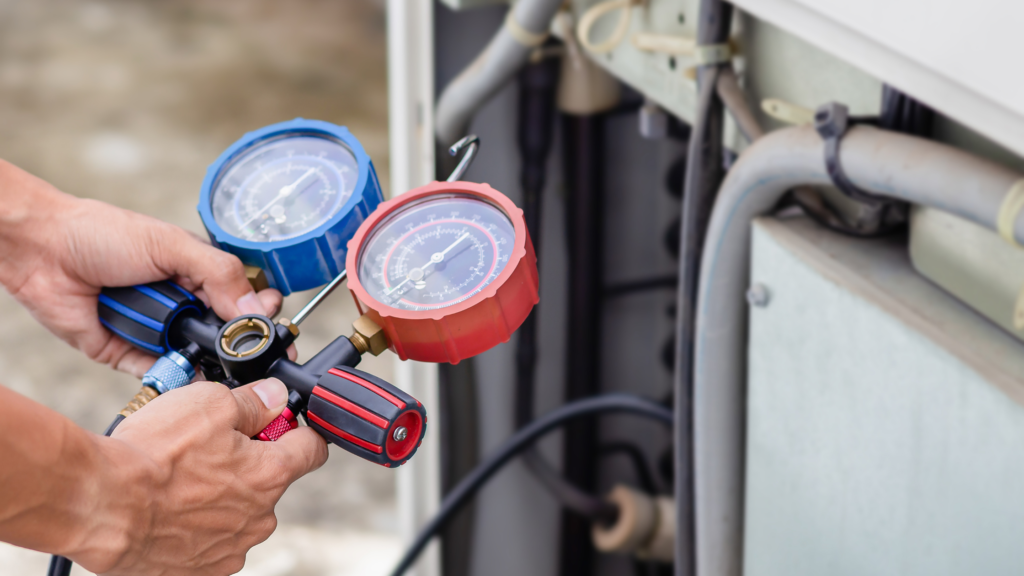How To Choose The Right Water Heater For Your Home?
In Colorado winters, water heaters can be considered the best companion for your home providing warm water whenever you need it. In this blog post we will guide you how to choose the right water heater for your home. However, a malfunctioning water heater can also become the biggest headache prompting you to frequently contact HVAC service companies in Colorado and pay for costly repairs. If you have an old water heater that is frequently breaking down, leading to higher energy bills, and causing financial strains because of costly repairs, then you must consider replacing it with a new water heater.
Deciding whether to get your water heater repaired or replace it with a new one can be difficult. Check out our article on “Water heater repair vs. replacement: which is better?” to help you decide better.
In this brief guide, we will discuss various factors that will help you decide the best water heater for your home and office.
Types of Water Heaters
When considering investing in a new water heater, it is advised to get familiar with various types of water heaters available in the market. Here are some most popular and widely used types of water heaters:
- Storage Tank Water Heater
As the name suggests, these are traditional tank heaters that can store a lot of hot water until it is needed. They are the most common types of water heaters found in every home. It can be fueled either by gas, electricity, or both. The average life of a storage tank water heater is around 10-15 years.
- Tankless Water Heater
These types of water heaters come without a storage tank and they heat the water as it passes through the unit. Since it doesn’t store and heat the water, it reduces wait time providing instant hot water. These are also efficient, space-saving, and can provide unlimited hot water. However, they can be more expensive than traditional water heaters.
- Heat-Pump Water Heater
They use a heat pump to extract heat from the air and then transfer it to water. They are highly energy-efficient and have quiet operation. The great thing about heat pump water heaters is that they can be used for both heating and cooling. However, their installation cost can be higher and may not be suitable for frigid climates.
Things to consider while choosing the right best water heater brand
Always consider the following factors recommended by plumbers in Colorado when you’re looking to buy a new water heater:
- Warranty – the longer the warranty, the better the is the quality of water heater and the manufacturer’s confidence. Check the components covered and exclusions
- Glass-lined tanks – if you are going for a tank water heater then choose glass-lined tanks as they are highly resistant to corrosion and also last longer
- Digital display – having a digital display can help you easily monitor the temperature, energy usage, and other details.
- Brand reputation – of course, brand reputation matters and you will want to own a water heater from a reliable and trusted brand recommended by Colorado plumbers.
- SEER Rating – This is used to measure the efficiency of the water heater where the higher SEER rating means lower energy consumption and more cost saving.
We have a detailed post on the “Top 10 water heater brands for Colorado’s Cold Climate” where we discuss their features, pros and cons, cost, and other specs to help you decide better.
Take Professional Help
Doing your own research can help you learn about the types of water heaters and you can get a better understanding of their specifications and features. However, it is always recommended to consult professional HVAC service companies in Colorado like Everest Mechanical to get professional advice. They lend their expertise and knowledge and guide you through the best water heater option.
The water heater is an important HVAC component in your home offering huge convenience in winter. So, you must invest in a water heater carefully to use it peacefully for a long time.
Also, contact Everest Mechanical in case you need a professional consultation and water heater installation service.
Original Blog Source:
https://everestmechanical.com/how-to-choose-the-right-water-heater-for-your-home/


